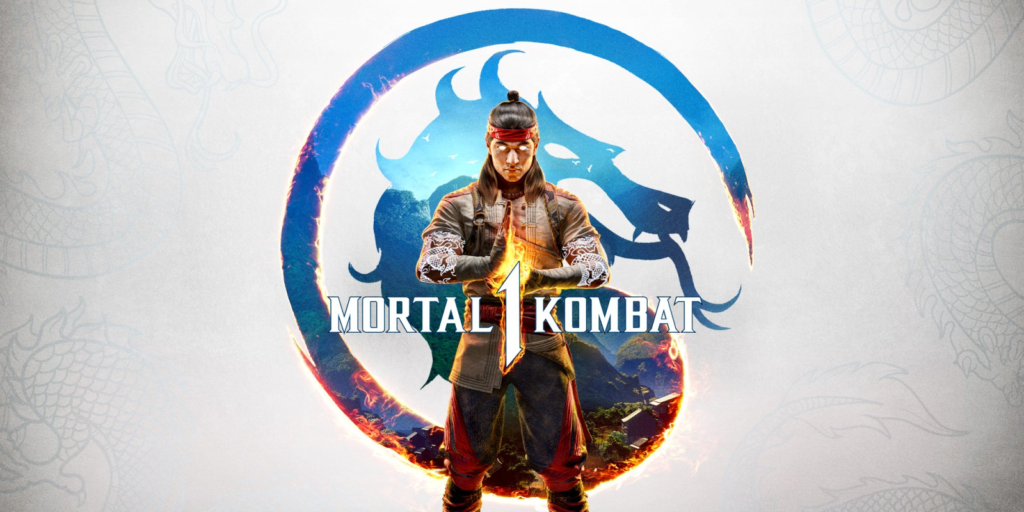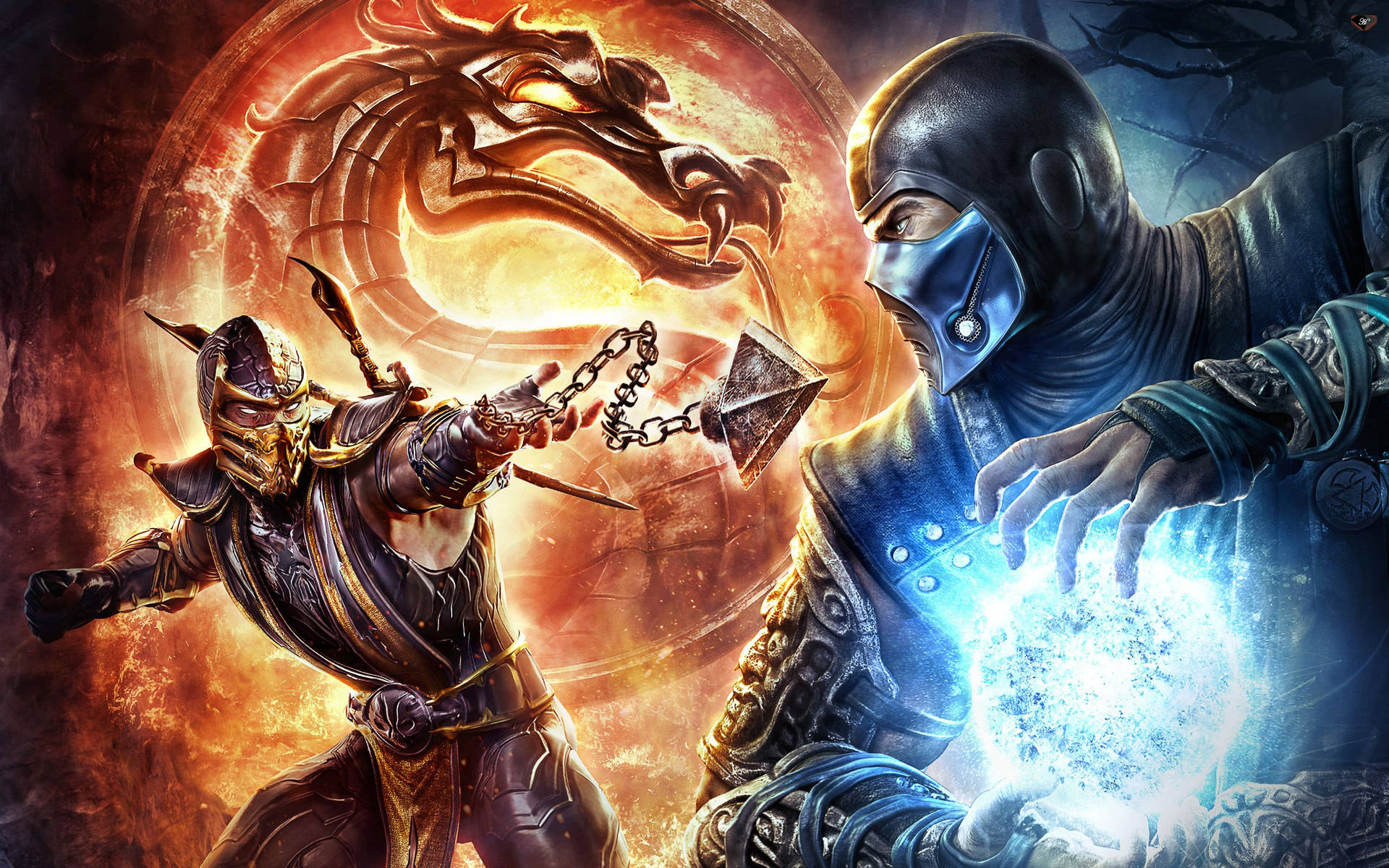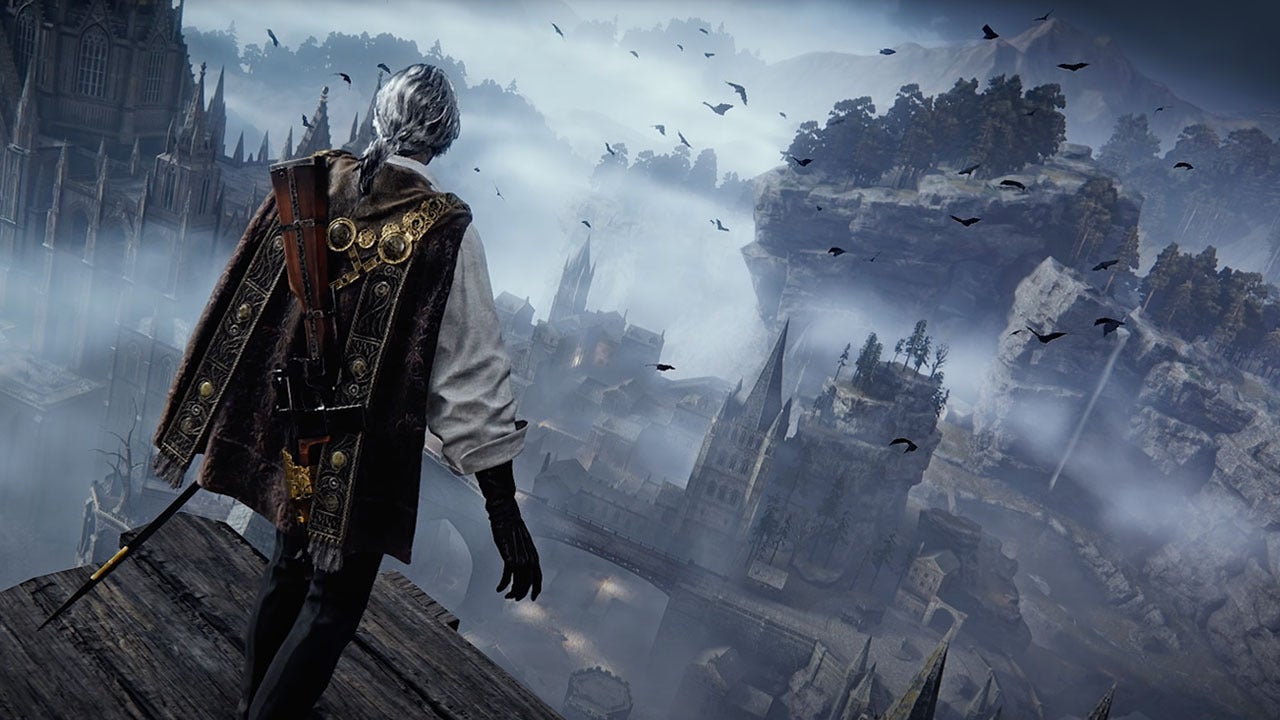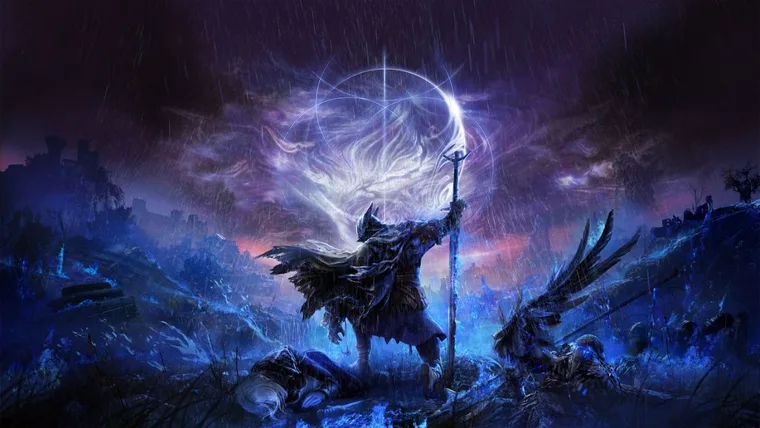In the early 1990s, the landscape of video games was forever altered by the arrival of “Mortal Kombat.” Developed by Midway Games and released in 1992, this arcade fighting game wasn’t just another entry in the genre; it was a groundbreaking force that left an indelible mark on the gaming industry. As we embark on a retrospective journey, we delve into the origins, impact, controversies, and enduring legacy of the game that introduced the world to spine-ripping fatalities and a new era of competitive fighting.
Genesis of a Phenomenon: Birth of Mortal Kombat
Mortal Kombat emerged during an era dominated by Street Fighter and other established fighting games. Ed Boon and John Tobias, the minds behind the game, sought to create a title that would stand out in a crowded market. Little did they know that they were about to unleash a cultural phenomenon.
The game featured digitized sprites, a unique concept at the time, giving characters a realistic appearance. With a diverse roster of fighters, each with their own distinctive fighting styles and special moves, Mortal Kombat immediately captivated arcade-goers. However, it was the introduction of a dark and visceral finishing move – the infamous “Fatality” – that would set Mortal Kombat apart, forever altering the expectations of fighting games.

Controversy and the Birth of the ESRB
Mortal Kombat courted controversy from the start, primarily due to its explicit violence. The fatalities, graphic finishing moves executed by the victor at the end of a match, drew attention and criticism from concerned parents and lawmakers. This led to public hearings and discussions about video game content.
In response to the growing concerns, the Entertainment Software Rating Board (ESRB) was established in 1994. The creation of the ESRB marked a pivotal moment in the history of video game regulation, providing a content rating system that would help inform consumers about the appropriateness of game content for different age groups.

Arcade Rivalry and the Rise of Console Dominance
Mortal Kombat didn’t just redefine the fighting game genre; it played a significant role in the rivalry between arcades and home consoles. The arcade version of the game became a cultural phenomenon, drawing crowds eager to test their skills against friends or strangers. However, it was the release of Mortal Kombat on home consoles that truly expanded its reach.
The Sega Genesis and Super Nintendo Entertainment System (SNES) versions of the game each had their unique appeal. The Genesis version, known for its uncensored violence, retained the arcade’s gritty atmosphere. In contrast, the SNES version, adhering to Nintendo’s family-friendly policies, featured toned-down blood and fatalities. This sparked debates among players and further intensified the console wars.

Expanding the Universe: Beyond the Games
Mortal Kombat transcended the confines of arcade cabinets and consoles, evolving into a multimedia franchise. The success of the game paved the way for a plethora of adaptations, including comic books, animated series, and live-action films. The franchise’s lore, centered around the mystical Mortal Kombat tournament and the battle between Earthrealm and Outworld, captivated fans and expanded the narrative beyond the gaming screen.

Evolution of the Franchise: Technological Advancements and New Horizons
As technology advanced, so did the Mortal Kombat franchise. Sequels introduced new characters, refined gameplay mechanics, and embraced advancements in graphics and animation. “Mortal Kombat II” (1993) and “Mortal Kombat 3” (1995) further solidified the series as a mainstay in the gaming world.
The franchise continued to evolve in subsequent decades, with each installment introducing fresh elements while retaining the core essence of brutal, competitive combat. The introduction of 3D graphics in “Mortal Kombat 4” (1997) and the reboot of the series with “Mortal Kombat 1” (2023) showcased the franchise’s ability to adapt to changing gaming landscapes.

The Legacy: Spine-Ripping Forward
As we reflect on the legacy of Mortal Kombat, it’s evident that the game didn’t just impact the industry; it reshaped it. From its controversial beginnings to its role in the establishment of video game ratings, Mortal Kombat played a vital part in the ongoing conversation about the intersection of video games, violence, and regulation.
The franchise’s endurance is a testament to its ability to adapt and reinvent itself. With each new installment, Mortal Kombat manages to capture the essence of its origins while embracing the possibilities of contemporary gaming technology. The combination of visceral combat, memorable characters, and a rich narrative ensures that Mortal Kombat remains relevant, appealing to both long-time fans and a new generation of gamers.

A Game That Echoes Through Time
In the realm of video games, certain titles etch themselves into the collective consciousness of players, leaving an everlasting imprint. Mortal Kombat is undeniably one of those games. Its impact on the gaming industry, from regulatory practices to competitive gaming, is immeasurable. As the franchise continues to evolve, embracing new platforms and technologies, it remains a testament to the enduring power of a game that dared to be bold, controversial, and, above all, unforgettable. The echoes of Mortal Kombat continue to reverberate through time, a brutal legacy that stands as a cornerstone in the history of video games.




